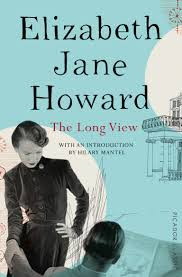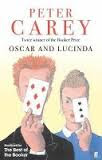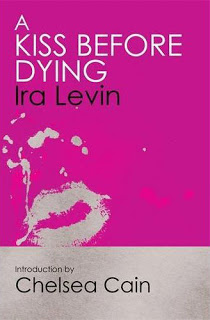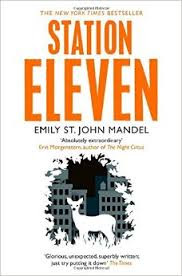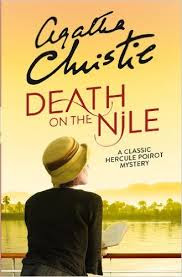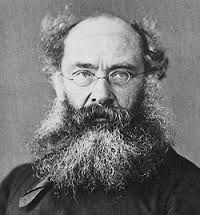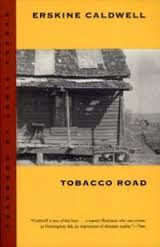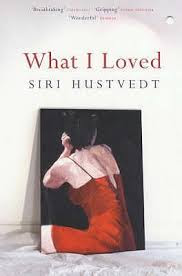
This is an unusual book in being a sort of boring thriller. The first half is the description of the life of an art critic and his wife who develop a friendship with the artist and his wife who live upstairs from them in New York. There is a lot – and I mean pages – of description of art works. I can’t tell you too much about that, as I skipped it, this kind of stuff being almost as boring as descriptions of dreams.
The couples have sons of about the same age, so they boys become friends. Then the art critic’s son dies in a boating accident, and there is a lot of grieving. I was sort of starting to wonder where the book was going – and then it went somewhere: the other child, it slowly emerges, is a sociopath. He appears to have feelings, but in reality he has none, and his whole life is a series of strange lies and diversions to get whatever he impulsively happens to want. He gets involved with a young artist who turns out to be a murderer, he becomes a drug addict, he starts threatening his parents – it’s all getting most interesting – and then, wait for it . . . . the parents decide to cut him off as he is not safe to be around. So they do that successfully and everything is fine. I mean ????? That’s it? This is not the exciting conclusion centuries of development of the novel form had led me to expect.
I know the novel was not trying to be what I wanted it to be. I’m pretty sure that the exciting conclusion was supposed to be a bit more around theme than plot – I won’t go into it for you, but basically the art critic goes blind (snore) – but I just refuse to engage with all that. For me, there was a really great thriller in here, but somehow it got buried in someone’s MFA writing group.

